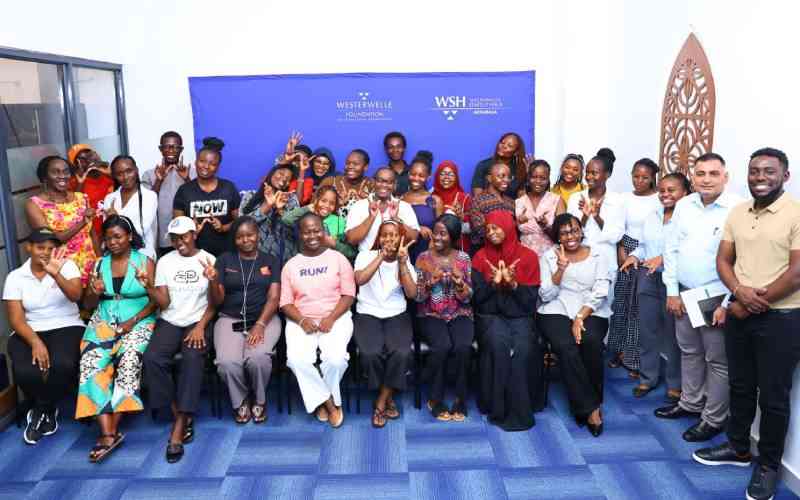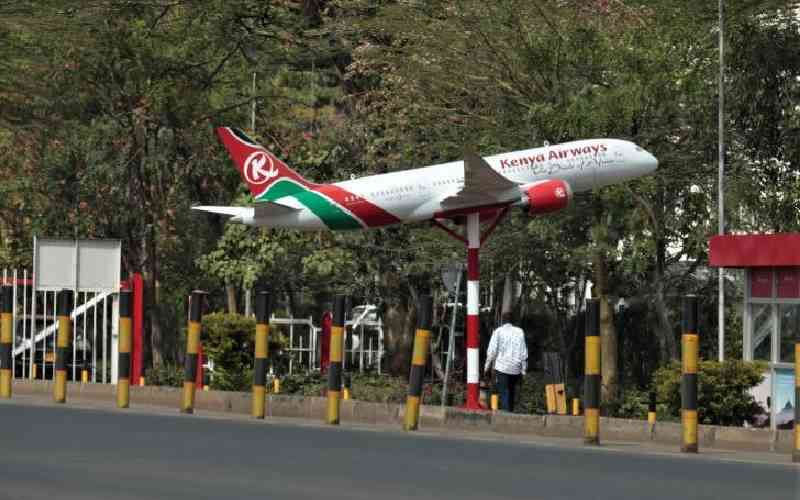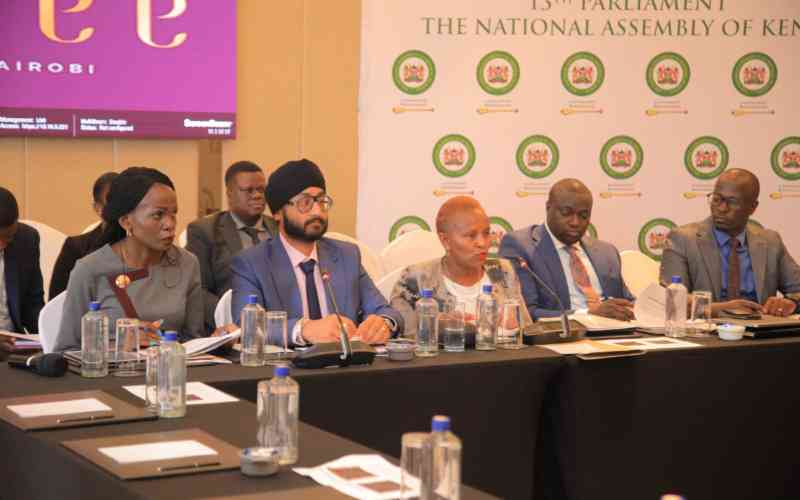×
The Standard e-Paper
Stay Informed, Even Offline

Behind every successful man is a woman, goes the adage. But behind Maragua town’s success in rental yields are women tenants.
The common consensus in the town is that its rental economy is feminine.







